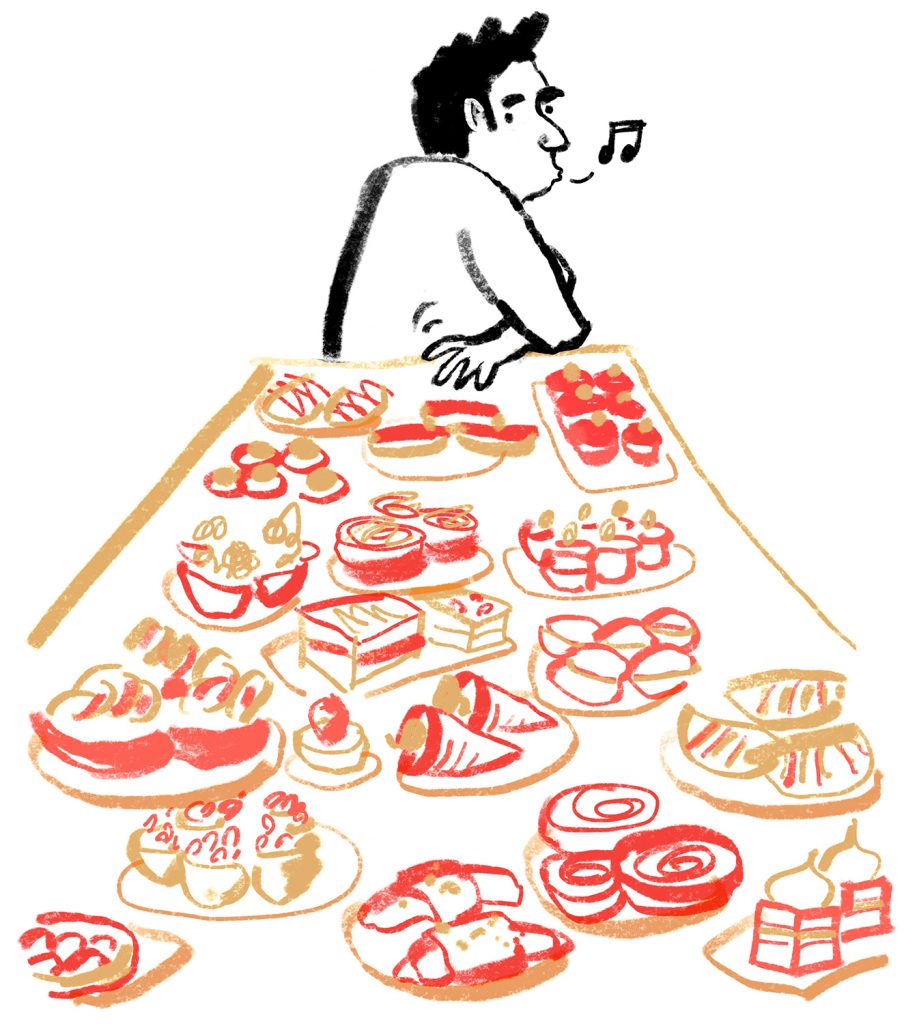Self-control—acquired, not innate

Have you ever loitered beside a bowl of chocolates and said to yourself, ‘I’ve had enough, I should walk away and not eat any more’, before immediately reaching for another one? Or have you ever told yourself that you don’t need another pair of shoes as you approach the counter, shoes and credit card in hand? Some of the most trying situations with young children happen when you know they understand the rules and your instructions to stop or give it back, but they don’t comply.
Picture a 20-month-old standing in front of the TV, pressing buttons and muttering ‘no, no’ as he’s doing it. That’s pretty solid evidence that he knows it’s not allowed. Picture that child looking at you before snatching a toy from a baby, as if to say, ‘I’m pretty sure you’re not going to like this’. The chocolates and the shoes remind us that knowing what we should do and having the self-control to do it are different things.
Sometimes we react in unhelpful ways to children’s behaviour resulting from lack of self-control. Children are not born with self-control—they develop it over time. The younger they are, the harder if it is for them to manage their behaviour. They sometimes literally cannot stop themselves, even when they know they should. They often need an adult to gently, respectfully and firmly supply the willpower they lack and help them to stop.
Children may behave exactly the way we feel like behaving. It’s just that we understand the consequences better and have more self-control—at least sometimes!

This online resource is proudly brought to you by: Gowrie Victoria & Early Childhood Australia

